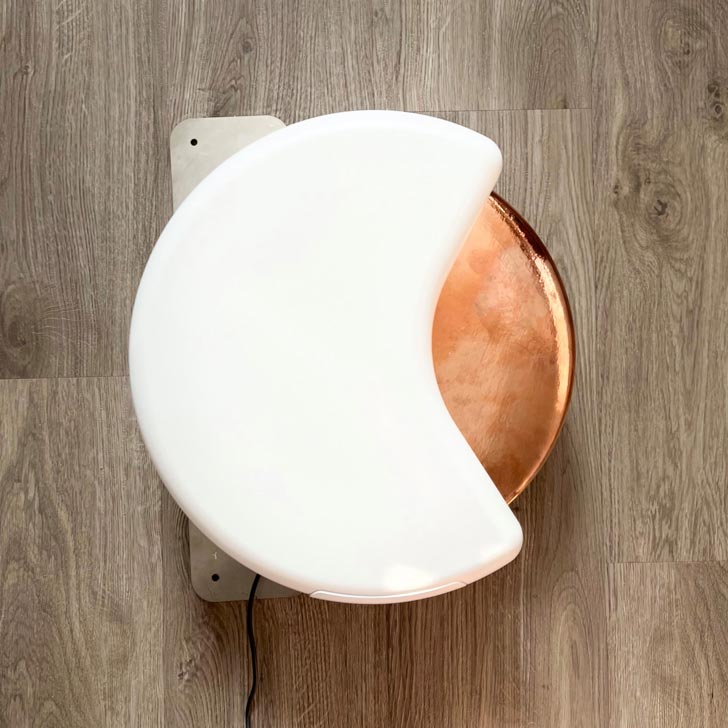Jamaica’s University of Technology alum Rayvon Stewart grew up in a poor, rural farming community called Mount Prospect. Along with his cousin, the now 30-year-old software engineer was the first in his family to go to college.
In school, Stewart discovered his love of inventing, but it wasn’t until he was 23 and volunteering at a hospital that he realized he could solve a real problem with his designs.
It was this time in healthcare facilities that led him to invent a door handle that could disinfect itself after every touch. He calls it Xermosol.

“I saw how patients were suffering, the assistance that they needed, and how difficult it was for the nurses,” Stewart told The Guardian.
Xermosol is a pioneering ultra-violet self-sanitizing door handle, which Stewart says can kill 99.9% of pathogens but is safe for people and animals. It currently has provisional patent protection and has won Jamaica’s Prime Minister’s National Youth Award and the Commonwealth Health Innovations Award.
Alison Drayton, the assistant secretary-general of Caricom, a 15-member group of Caribbean countries, said the invention is a “life-saving design that fits our reality.”
“[It’s] a powerful expression of what happens when innovation is rooted in purpose and fueled by resistance,” she added.

The smart door handle has received over $200,000 in initial investments and has been hailed as a game changer for hospitals, hotels, and other businesses to control the spread of disease, the Xermosol website shares.
The device is shaped into a specialized ring that encircles a cylindrical handle on a door. The ring is fitted with an internal sponge saturated with a disinfectant. Once a person grabs the handle to open the door, a set of ultraviolet lights activates via a touch sensor and sets in motion a disinfectant process that takes about 30 seconds.
The system doesn’t rely on batteries, sensors, or electricity, but rather uses the very motion of the door opening and closing to set off the disinfection process.
While experts say it doesn’t replace the need for World Health Organization cleaning guidelines in hospitals, Xermisol is an innovative tool that can be used alongside traditional methods to prevent infection in highly-trafficked areas.

“We’re very proud of him,” Dr. Camille-Ann Thoms-Rodriguez, a University of the West Indies consultant microbiologist, told The Guardian.
“A lot of the innovation that we see in healthcare is often from a first-world country where there are more resources … but it doesn’t mean that we don’t have good ideas here,” she added.
The power of Xermosol has already gone international, with clients like Fort Lauderdale International Airport. But right now, most of the installed door handles remain in Jamaica, including at the Kingston Freeport and the University Hospital of the West Indies.
Future iterations will be available in three sizes to fit offices and workspaces, bathrooms, homes, and commercial spaces, according to an Instagram post from Xermosol.
“The Xermosol team continues to push boundaries, transform challenges into opportunities and innovate with purpose,” the company shared on social media.
“Together we stand committed to building solutions that protect and inspire lives.”
You may also like: College students invent 'smart car seat' to prevent hot car deaths in infants: 'Protects vulnerable lives'
Header images courtesy of Xermosol



